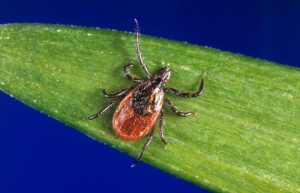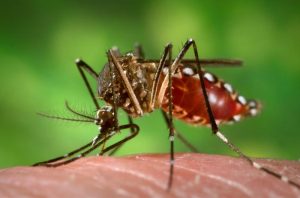Neuroendocrine factors regulate an array of biological processes
Neurohormones and their cognate cellular receptor targets play an integral role in the physiology of animals as they regulate essential processes that include reproduction, development, growth, feeding, and ionic/osmotic balance. My research focuses on neuroendocrine factors that control peripheral tissues. For example, in gut epithelia, these hormones can elicit signalling cascades that lead to changes in membrane transport proteins and channels involved in water and ion homeostasis. Using a systematic approach combining physiological, cellular and molecular biology methodologies, I examine neuroendocrine mechanisms and their cellular signal transduction pathways with interests particularly on blood feeding arthropods that are vectors of human disease. In addition to identifying the extracellular signals (i.e. hormones) necessary for initiating the response to cellular and whole organism stresses, my research aims to functionally elucidate the proteins that permit communication between the nervous system-derived hormones and their peripheral cellular and tissue targets within the visceral system.
 Ixodes scapularis, a vector of Lyme disease
Ixodes scapularis, a vector of Lyme disease
 Aedes aegypti, a vector of several tropical diseases including yellow fever
Aedes aegypti, a vector of several tropical diseases including yellow fever

